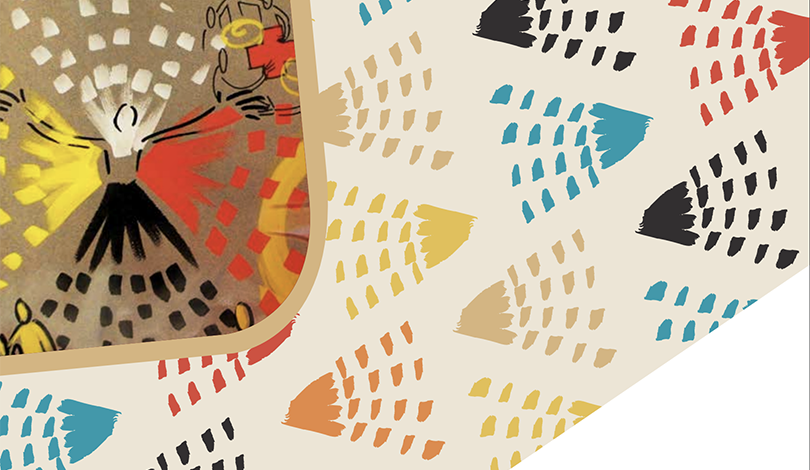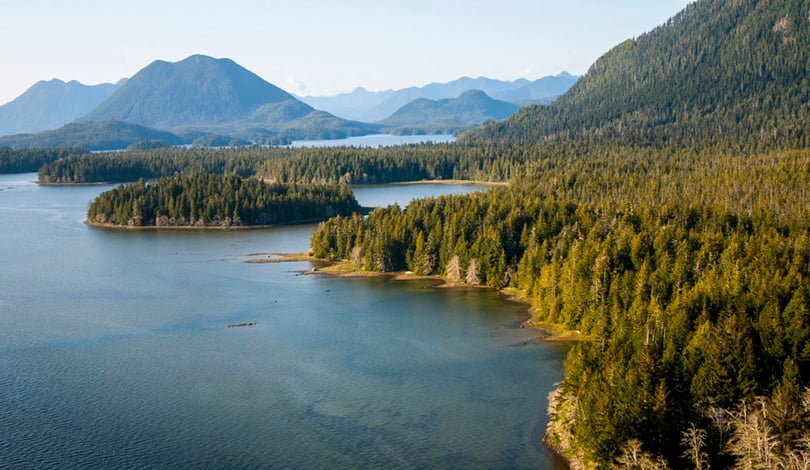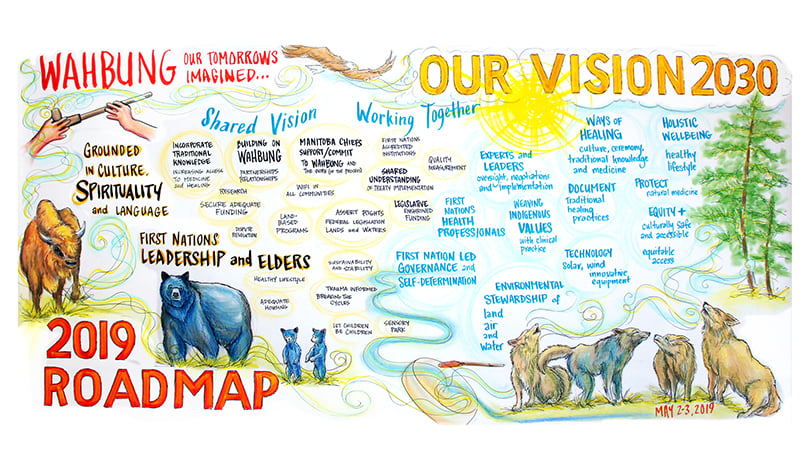.webp?width=1920&height=678&name=banner%20image%20(3).webp)
Partnering with Indigenous Peoples to address and dismantle colonialism
Discover how Reos Partners supports Indigenous Peoples and their representative organisations to overcome cultural, social, and institutional barriers to achieving their priorities as full and equal members of society.
Indigenous rights refer to the collective and individual rights of Indigenous Peoples who are the original inhabitants of a particular region or country.
These rights vary from culture to culture but generally include the right to self-determination, ancestral lands and resources, and cultural preservation and protection of their heritage.
By centring indigenous knowledge in collaborations between Indigenous Peoples, local communities, and governments we can ensure successful outcomes in promoting and advancing human rights.
Co-creative approaches are particularly important when addressing colonial legacies and power imbalances – fostering mutual trust and upholding the wisdom of Indigenous Peoples.
Examples of our Indigenous rights work
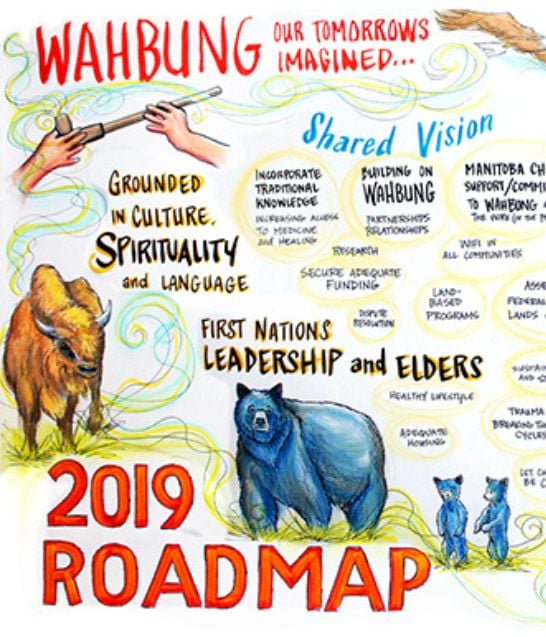
Wahbung: Our Tomorrows Imagined – re-energising the movement toward self-determination for Manitoba First Nations
Challenge: The First Nations of Manitoba have been experiencing various challenges that are interconnected and continuously increasing. They are experiencing setbacks in health, education, economic well-being, and child welfare. Moreover, these issues are amidst rising threats to their self-determination, culture, and language.
Partnership: To address the challenges, the Assembly of Manitoba Chiefs (AMC) partnered with three local indigenous organisations and the University of Manitoba with Reos Partners' support. Together, they created Wahbung: Our Tomorrows Imagined, an initiative to achieve Mino Pimatisiwin, which means "the good life" in Cree.
Transformation: An all-First Nations scenario team worked together to create four scenarios about how the next fifty years could unfold for First Nations in Manitoba. The initiative revitalised efforts towards a better future and improved the well-being and self-determination of Manitoba’s First Nations. Going forward, the First Nations of Manitoba will collaborate with their federal and provincial government counterparts to bring this vision of improved well-being to fruition.

Emerald Edge: increasing leadership, environmental stewardship, and economic sustainability of Indigenous and local communities
Challenge: The Emerald Edge is the largest intact coastal rainforest on Earth. Throughout its history, the region has been subject to several threats that have put the environment and its people at risk. The Emerald Edge project is dedicated to ensuring that local and Indigenous communities have a voice and leadership in that work and that they are finding ways in which the communities and ecology thrive.
Partnership: Since 2017, Reos Partners has been working with The Nature Conservancy (TNC) to advance the strategic goals of the Emerald Edge – to establish a sustainable future for both the land and the people who call it home.
Transformation: Reos has been partnering with TNC to bring local communities in the Emerald Edge together, identifying opportunities for collaboration and learning from one another to enhance economic growth while preserving the region's ecological and cultural treasures. Through this project, local communities are establishing a strong network throughout the area, with a shared commitment to caring for the land for generations to come.
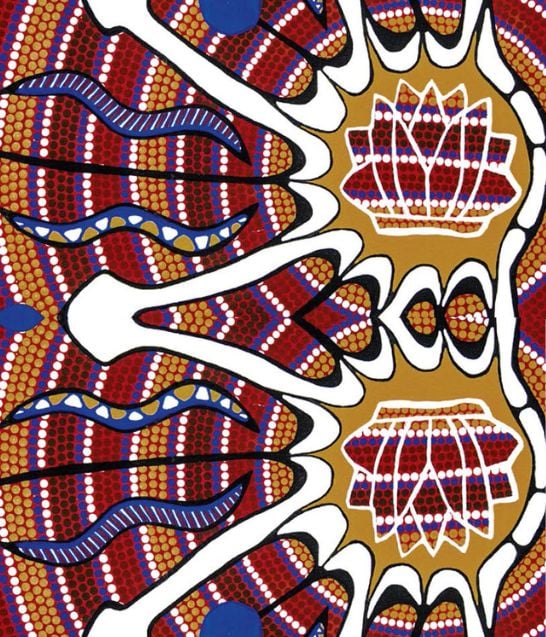
Aboriginal Health Lab: Partnering with Aboriginal Peoples of New South Wales to address the systemic health crisis
Challenge: The Aboriginal Peoples of New South Wales, Australia, face a systemic health crisis caused by entrenched colonisation. They suffer disproportionately from poverty and disease, which are long-term results of multigenerational social inequalities, cultural differences, and tensions caused by colonialism.
Compounding the crisis are different and incompatible definitions of and approaches to health and inappropriate, top-down development models that have been ignorant of or insensitive to Aboriginal culture and the needs of Aboriginal communities.
Partnership: Reos Partners was approached by the Centre for Aboriginal Health, the Ministry of Health, and the Aboriginal Health & Medical Research Council (AH&MRC) of the State of New South Wales, Australia, to facilitate a forum to help them develop a strategic plan for their next 10 years of work on Aboriginal health.
Transformation: Reos designed and facilitated a social lab and synthesised the work into “7 Building Blocks of the Future” – vital strategic elements that address leverage points in the system. These elements make up the core of a 10-year strategy that includes Aboriginal voices and encompasses leadership, governance, and accountability.

